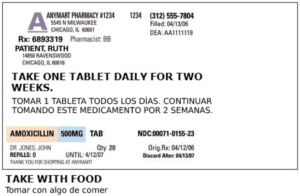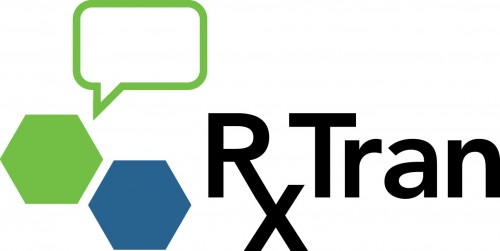Federal Regulations
Federal Regulations Affecting Pharmacies Serving Customers With Limited English Proficiency
The Legal Basis for Translation Requirements for Pharmacies.
On the federal level, the regulatory framework was set more than 45 years ago with the enactment of Title VI of The Civil Rights Act of 1964. Title VI prohibits discrimination on the basis of race, color and national origin in programs and activities receiving federal financial assistance. Since most pharmacies in the US are recipients of federal funds, directly or indirectly, their activities fall under Title VI provisions. For example, a pharmacy that serves Medicare or Medicaid patients would be subject to Title VI.
In the last decade, the US Department of Health and Human Services (HHS) and the Department of Justice (DOJ) started applying Title VI aggressively to protect national origin minorities with limited English proficiency (LEP) in the healthcare settings. The attitude of federal agencies was particularly affected by President Bill Clinton’s Executive Order 13166,signed on August 2000. This order served to remind federal agencies to examine the services they provide, identify any need for services to those with limited English proficiency and to develop and implement a system to provide those services so LEP persons can have meaningful access. By and large, the courts have agreed that language barriers are a form of discrimination.
Specific Federal Guidelines
The most specific regulatory guideline on the federal level was issued by the Department of Health and Human Services (HHS) in 2003. The Guidance to Federal Financial Assistance Recipients Regarding Title VI Prohibition Against National Origin Discrimination Affecting Limited English Proficient Persons specifies a number of criteria to use in determining what, when and how should translation and/or interpreting services by provided by healthcare providers, including pharmacies.
Pharmacies, in determining their level of services to the LEP population, are required to use the four-factor analysis:
- The number or proportion of LEP individuals served or encountered
- The frequency of contact with the program
- The nature and importance of the program to beneficiaries
- The resources available and cost considerations
However, the HHS guidelines do not specifically state which parts of the drug label need to be translated, and under what circumstances and in which languages patient counseling is required to be provided.
One of the best sources of detailed analysis of the federal laws on language access as they relate to pharmacies is the The National Health Law Program.
For More Information
To get more information about our pharmacy language services, call (617) 765-0292 or email info@RxTran.com to find out how RxTran can help you provide a more comprehensive set of services to your pharmacy clients.
Legal Disclaimer
On this site we informally and briefly describe the gist of some laws and regulations enacted or being considered in various jurisdictions. These descriptions are not intended to be a complete or exhaustive presentation of the laws and regulations. They are not intended, nor should be relied upon, as a source of legal advice. Please consult qualified counsel for any questions regarding interpretation of any laws and regulations mentioned on this site.
Communicate In Your
Customers Language

Contact Us
"*" indicates required fields
